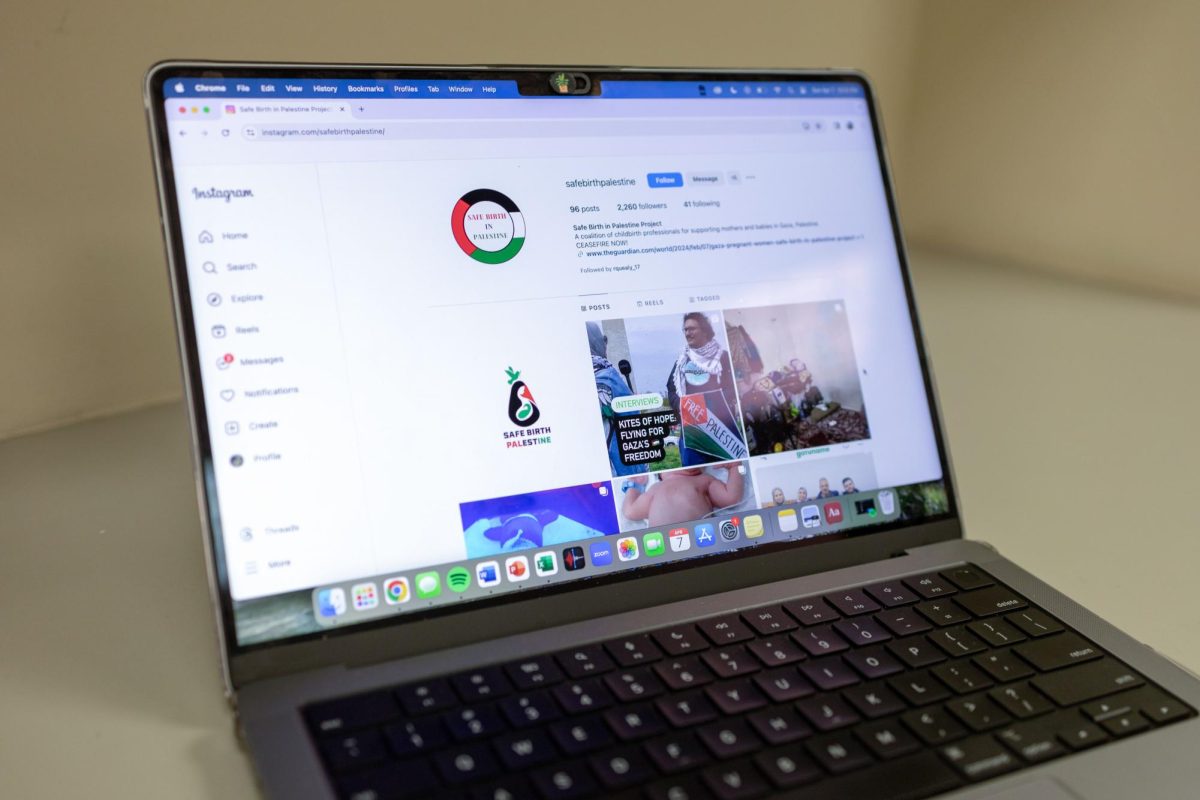A group of researchers from the Milken Institute School of Public Health is partnering with a Missouri health foundation to evaluate the success of the state’s public health protocols against COVID-19.
Milken officials signed an $860,000 contract with the Missouri Foundation for Health to evaluate the effectiveness of the state’s COVID-19 response, according to a release last week. Marsha Regenstein, a professor of health policy and management in the public health school who will lead the research team’s efforts, said the project will gauge the state’s success based on interviews with local and state-wide frontline workers about their response to the health crisis.
She said the partnership will last a year and a half, and she hopes to provide state and local health officials with insight about how state and regional stakeholders are responding to the COVID-19 crisis compared to other states.
“It’s kind of you name it,” she said. “We’re trying to really cover the waterfront to get people who run programs in public health, work in public health or support people because of the pandemic, who are not traditionally in public health but are providing core services to the community.”
Regenstein said she learned about the possibility of a partnership through a listing on the Missouri Foundation for Health’s newsletter and decided to apply because she was interested in working on COVID-19.
In addition to interviews, the team will examine Missouri state and local public health data to analyze the effectiveness of the state’s response, Regenstein said.
“We’re trying to really gather as much information as possible from the people on the front lines and then try to understand ways that this can be strengthened,” she said.
Regenstein will work on the partnership alongside professors Jeffrey Levi, Anne Markus and Dora Hughes, according to the release.
Katherine Fritz, the Missouri Foundation for Health’s vice president of learning and research, said she hopes the partnership will bring to light the disparity between socioeconomics and the rapid spread of COVID-19.
She said the partnership will focus on providing Missouri leaders at the local and state level with recommendations to address the pandemic in real time, as well as strengthening the state’s public health system to respond to future health crises.
“We didn’t want to pass by the opportunity to really see how the system was responding to this crisis with the goal of taking away lessons that the policymakers and decision makers of Missouri at both the local level and state level could use to strengthen the preparedness of the system for future crises similar to this one,” Fritz said.
Fritz said the findings of the partnership will be released publicly and will be used by state and local public health leaders to help guide their response to the crisis.
“Our mission is to serve Missourians, especially those that are least currently served by health systems and where there are inequities in health,” she said. “We always strive to make our insights and evidence available as widely as possible in Missouri as well as outside of Missouri.”
Fritz said the project will focus on Missouri’s inequities in how residents have been affected by COVID-19, which she said is a central mission of the foundation. She said communities of people in Missouri who don’t have access to health insurance have been hit particularly hard by the pandemic.
Black community members have comprised 30 to 40 percent of COVID-19 deaths in Missouri, Michigan and Illinois, despite making up less than 15 percent of the population in those states, Healthcare Finance News reported Friday.
“It’s our hope for our projects around COVID, of which this is one, to help elucidate those drivers and help us come up with better health solutions that can ensure all people in Missouri have equal access and are all equally well served by the public health sector,” Fritz said.
The White House coronavirus task force recommended late last month that Missouri implement a state-wide mask mandate and close bars to prevent the spread of COVID-19, the local TV station KY3 reported. White House officials ranked Missouri the seventh-worst state for COVID-19 spread as of Thursday, ABC17 News reported.
Eric Coles, a public health officer for Tule River Indian Reservation in California, said the inequitable impact of the virus on communities of color and lower socioeconomic status is not new to the public health world. He said the Missouri Foundation for Health’s partnership with GW is “great” but said that academic researchers should have been studying this before the pandemic broke out.
“There are huge health inequalities that existed before COVID and there are huge structural issues that existed well before COVID,” Coles said. “This virus has simply exacerbated and highlighted all the inequities that have been present in our society for generations.”
Coles said public health reform must start at a federal level with states working together under a national strategy to fight COVID-19 and its differential impact on certain populations. Milken’s partnership with Missouri should serve as an example of the interstate collaboration needed to fight COVID-19, Coles said.
“The lack of a national strategy is debilitating,” Coles said. “When you let this city do one thing, one school do this and one the other, I think we are always going to have a few steps forward and a few steps back. We need a united front against COVID-19.”








